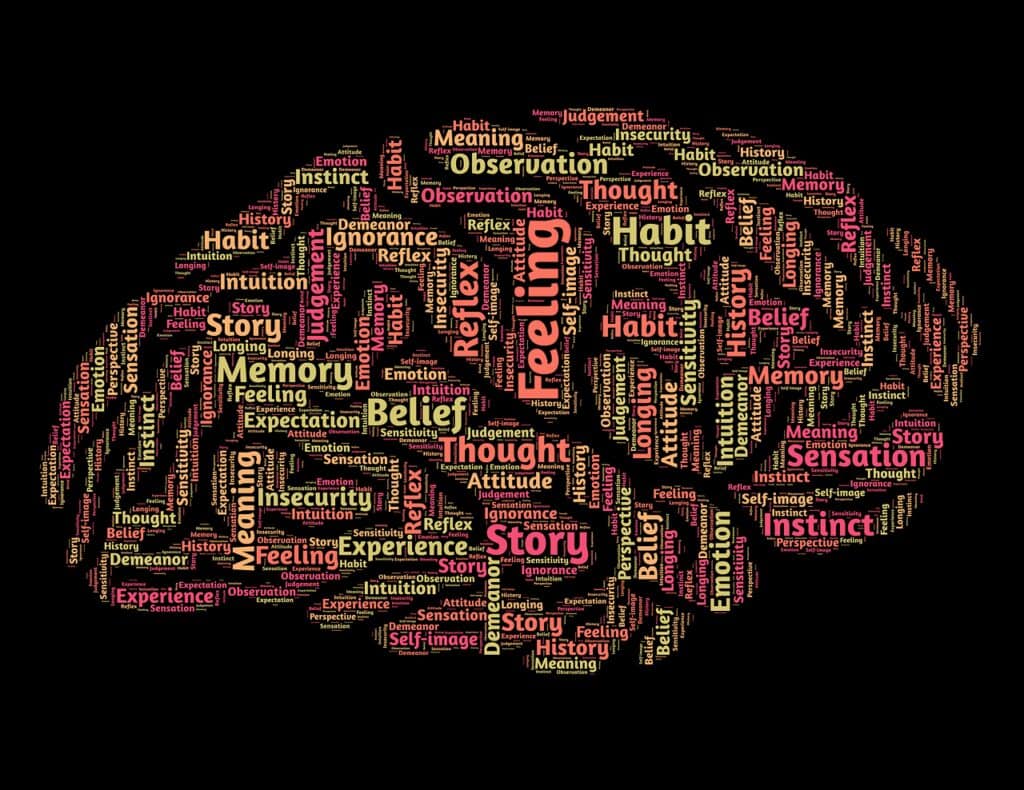In an ever-globalizing world, the quest for personal growth has increasingly intersected with the exploration of cultural identity. As individuals embark on journeys of self-improvement and self-discovery, they often find that their cultural roots play a pivotal role in shaping their perspectives, values, and aspirations. This complex interplay between cultural identity and personal growth not only enriches the individual’s life experience but also contributes to a deeper understanding of the self within a broader cultural context. This article delves into the nuances of this relationship, examining how cultural identity can influence personal development, the journey of navigating one’s self-discovery through cultural roots, and the profound impact embracing cultural identity can have on personal growth. Through this exploration, readers will gain insight into the significance of cultural identity in the process of becoming one’s most authentic self.
### Understanding the Connection Between Cultural Identity and Personal Growth
Cultural identity and personal growth are deeply intertwined, each influencing and shaping the other in significant ways. Cultural identity provides individuals with a sense of belonging, a framework within which they can understand themselves and the world around them. It encompasses the traditions, values, beliefs, and practices shared by a group, offering a collective identity that transcends individual experiences. Personal growth, on the other hand, involves the development of an individual’s capabilities, understanding, and self-awareness. It is a continuous process of learning, adapting, and evolving in response to life’s experiences and challenges.
The connection between cultural identity and personal growth is multifaceted. One of the primary ways in which cultural identity influences personal growth is through the provision of a foundational narrative. This narrative helps individuals make sense of their experiences and guides them in navigating life’s complexities. Cultural traditions and values can serve as a moral compass, offering guidelines for behavior, decision-making, and interpersonal relationships. As individuals engage with and reflect upon these cultural norms, they develop a deeper understanding of themselves and their place in the world.
Moreover, cultural identity can act as a source of strength and resilience. The sense of belonging and solidarity derived from shared cultural experiences can provide emotional support and a sense of security. This support network is invaluable during times of hardship or personal challenges, offering encouragement and motivation to overcome obstacles. The resilience cultivated through this communal support can significantly contribute to personal growth, as individuals learn to persevere and adapt in the face of adversity.
However, the relationship between cultural identity and personal growth is not without its challenges. The process of personal growth often involves questioning and critically evaluating one’s beliefs and values. This introspective journey can sometimes lead to conflicts with established cultural norms and expectations. Individuals may find themselves at a crossroads, where the pursuit of personal growth necessitates stepping beyond the boundaries of their cultural identity. Navigating this tension requires a delicate balance, as individuals strive to honor their cultural heritage while also embracing their unique path of personal development.
Furthermore, exposure to diverse cultures and perspectives plays a significant role in personal growth. Interacting with people from different cultural backgrounds can broaden one’s horizons, challenging preconceived notions and encouraging open-mindedness. This exposure fosters empathy, adaptability, and a more nuanced understanding of the complexity of human experiences. As individuals incorporate these diverse perspectives into their own worldview, they cultivate a more inclusive and multifaceted cultural identity, which in turn, enriches their personal growth.
In conclusion, the connection between cultural identity and personal growth is dynamic and complex. Cultural identity offers a rich tapestry of values, traditions, and beliefs that shape an individual’s understanding of themselves and the world. At the same time, the journey of personal growth can expand and deepen one’s cultural identity, fostering a sense of belonging that is both inclusive and evolving. By embracing this interconnectedness, individuals can navigate the path of personal development with a sense of purpose and belonging, ultimately leading to a more fulfilling and enriched life.
### Navigating the Journey of Self-Discovery Through Cultural Roots
Embarking on the journey of self-discovery is akin to setting sail on vast, uncharted waters. It requires courage, openness, and an unwavering commitment to understanding not just who we are, but where we come from. Our cultural roots, steeped in traditions, languages, and history, serve as both a compass and a map on this quest, guiding us through the complexities of personal identity and growth.
Exploring our cultural heritage offers a unique lens through which we can view ourselves and the world. It is through the stories passed down from generation to generation, the rituals that mark our rites of passage, and the shared experiences that bind our community, that we begin to understand our place in the world. This deep dive into our cultural background does more than just inform us about our ancestry; it reveals the foundational values and beliefs that shape our perspectives, behaviors, and aspirations.
Engaging with one’s cultural heritage can also be a profoundly transformative experience. It challenges us to reflect on the aspects of our culture that resonate with us, as well as those that we might question or seek to redefine. This process of reflection and questioning is where personal growth truly begins. By critically examining the traditions and norms we’ve inherited, we are given the opportunity to affirm, adapt, or even reject certain elements, thereby actively shaping our own identity rather than passively inheriting it.
Moreover, the journey of self-discovery through cultural roots is not a solitary endeavor. It is a path that connects us with others who share our heritage, providing a sense of belonging and community. At the same time, it encourages us to engage with cultures other than our own, promoting empathy, understanding, and respect for diversity. As we navigate through our own cultural landscapes, we become more open to the vast array of human experiences and perspectives, enriching our personal growth and contributing to a more inclusive world view.
Nevertheless, navigating the journey of self-discovery through cultural roots can also surface challenges and conflicts, particularly in a globalized world where cultures intersect and sometimes clash. Individuals may find themselves at the crossroads of traditional values and modern influences, wrestling with questions of identity, belonging, and authenticity. These challenges, however, are integral to the journey, compelling us to forge a path that honors our heritage while embracing our individuality and the evolving world around us.
In conclusion, the exploration of our cultural roots is a vital component of personal growth and self-discovery. It is a journey that requires us to look backward to move forward, to delve into the past to navigate the present and future. By embracing our cultural heritage, we not only pay homage to those who came before us but also pave the way for a future where our identities are celebrated for their depth, diversity, and dynamism.
### The Impact of Embracing Cultural Identity on Personal Development
Embracing one’s cultural identity plays a significant role in personal development, shaping not only how individuals see themselves but also how they interact with the world around them. Cultural identity encompasses the traditions, values, beliefs, and practices shared by a group of people, and it significantly influences one’s sense of belonging, self-esteem, and overall mental health.
Understanding and connecting with one’s cultural roots can profoundly impact personal growth by providing a sense of belonging and stability. In a world that is increasingly globalized and where identities can become blurred, a strong connection to one’s cultural heritage offers a grounding effect. It serves as a constant in the face of change, offering individuals a base from which to explore the world and themselves. This sense of belonging is crucial for building self-confidence and a positive self-image, which are essential components of personal growth.
Moreover, embracing cultural identity encourages the exploration of personal values and beliefs. Cultural traditions and practices often carry with them centuries of wisdom and knowledge. By engaging with these traditions, individuals have the opportunity to reflect on their personal values and beliefs, comparing and contrasting them with those of their cultural heritage. This process of reflection is a critical aspect of personal development, as it encourages self-awareness and can guide individuals in making more informed decisions that are aligned with their authentic selves.
Cultural identity also plays a role in fostering resilience. The stories of struggle, perseverance, and triumph that are often embedded within cultural narratives can serve as sources of inspiration and strength. They remind individuals that they are part of a larger story and that they carry within them the resilience of their ancestors. This sense of historical continuity and resilience can be empowering, motivating individuals to overcome challenges and pursue their goals.
In addition, embracing one’s cultural identity can enhance social development by promoting empathy, understanding, and communication skills. Understanding one’s cultural background can lead to a greater appreciation for diversity and a more profound ability to connect with others from various backgrounds. This increased capacity for empathy and communication is invaluable in personal and professional relationships, contributing to a more inclusive and harmonious society.
Finally, engaging with one’s cultural heritage can spark creativity and innovation. The unique perspectives and practices that come with different cultures can inspire new ideas and approaches to problem-solving. This creative stimulation is a crucial aspect of personal development, as it encourages individuals to think critically and explore new possibilities.
In conclusion, the impact of embracing cultural identity on personal development is multifaceted, influencing emotional, social, and intellectual growth. It provides a stable foundation for self-exploration, fosters resilience, promotes understanding and empathy, and stimulates creativity. As such, acknowledging and celebrating one’s cultural heritage is not just an act of personal pride but a crucial component of holistic personal development.

